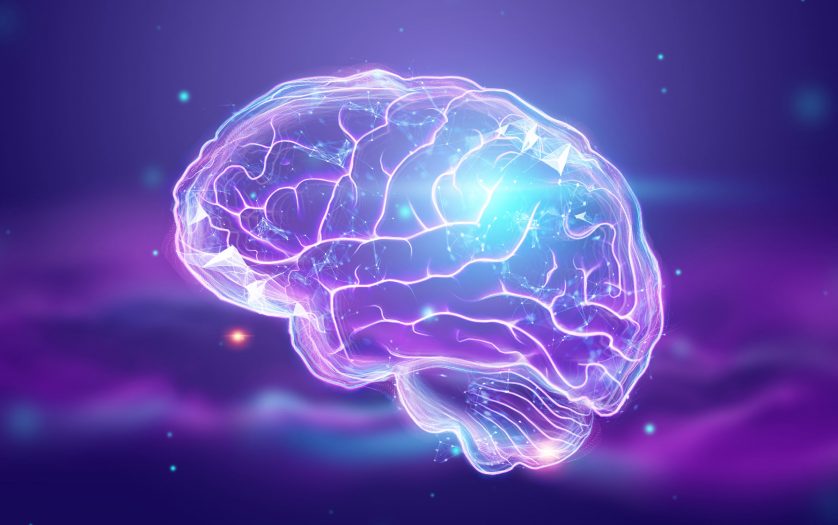
When we think about the causes of neurological disabilities and how to treat them, we think about targeting the brain. But is this the best or only way? Maybe not. New research by scientists at Baylor College of Medicine suggests that microbes in the gut may contribute to certain symptoms associated with complex neurological disabilities.
The findings, published in the journal Cell, also suggest that microbe-inspired therapies may one day help to treat them.
Dr. Mauro Costa-Mattioli, professor and Cullen Foundation Endowed Chair in neuroscience and director of the Memory and Brain Research Center at Baylor, discovered with his team that different abnormal behaviors are interdependently regulated by the host’s genes and microbiome. Specifically, the team found that in mouse models for neurodevelopmental disorders, hyperactivity is controlled by the host’s genetics, whereas social behavior deficits are mediated by the gut microbiome.
More importantly from a therapeutic perspective, they found that treatment with a specific microbe that promotes the production of compounds in the biopterin family in the gut or treatment with a metabolically active biopterin molecule improved the social behavior but not motor activity.
“We are the bearers of both host and microbial genes. While most of the focus has traditionally been in host genes, the gut microbiome, the community of microorganisms that live within us, is another important source of genetic information,” Costa-Mattioli said.
The work by Costa-Mattioli’s group offers a different way of thinking about neurological disorders in which both human and microbial genes interact with each other and contribute to the condition. Their findings also suggest that effective treatments would likely need to be directed at both the brain and the gut to fully address all symptoms. Additionally, they open the possibility that other complex conditions, such as cancer, diabetes, viral infection or other neurological disorders may have a microbiome component.
“It’s very difficult to study these complex interactions in humans, so in this study, we worked with a mouse model for neurodevelopmental disorders in which the animals lacked both copies of the Cntnap2 gene (Cntnap2–/– mice),” said co-first author Sean Dooling, a Ph.D. candidate in molecular and human genetics in the Costa-Mattioli lab. “These mice presented with social deficits and hyperactivity, similar to those observed in autism. In addition, these mice, like many people with ASD, also had changes in the bacteria that make up their microbiome compared to the mice without the genetic change.”
Further experiments showed that modulating the gut microbiome improved the social behavior in the mutant mice, but did not alter their hyperactivity, indicating that the changes in the microbiome selectively contribute to the animals’ social behavior.
“We were able to separate the contribution of the microbiome and that of the animal’s genetic mutation on the behavioral changes,” Dooling said. “This shows that the gut microbiome shouldn’t be ignored as an important variable in studying health and disease.”
Equipped with this knowledge, the researchers dug deeper into the mechanism underlying the microbiome’s effect on the animal’s social deficits. Based on their previous work, the investigators treated the mice with the probiotic microbe, L. reuteri.
“We found that L. reuteri also can restore normal social behavior but cannot correct the hyperactivity in Cntnap2–/– mice,” said co-first author Dr. Shelly Buffington, a former postdoctoral fellow in the Costa-Mattioli lab and now an assistant professor at the University of Texas Medical Branch in Galveston.
However, the bigger surprise came when the investigators administered to the asocial mice a metabolite or compound they found was increased in the host’s gut by L. reuteri. They discovered that the animals’ social deficits also were improved after treating them with the metabolite instead of the bacteria.
“This provides us with at least two possible ways to modulate the brain from the gut, with the bacteria or the bacteria-induced metabolite,” said Buffington.








